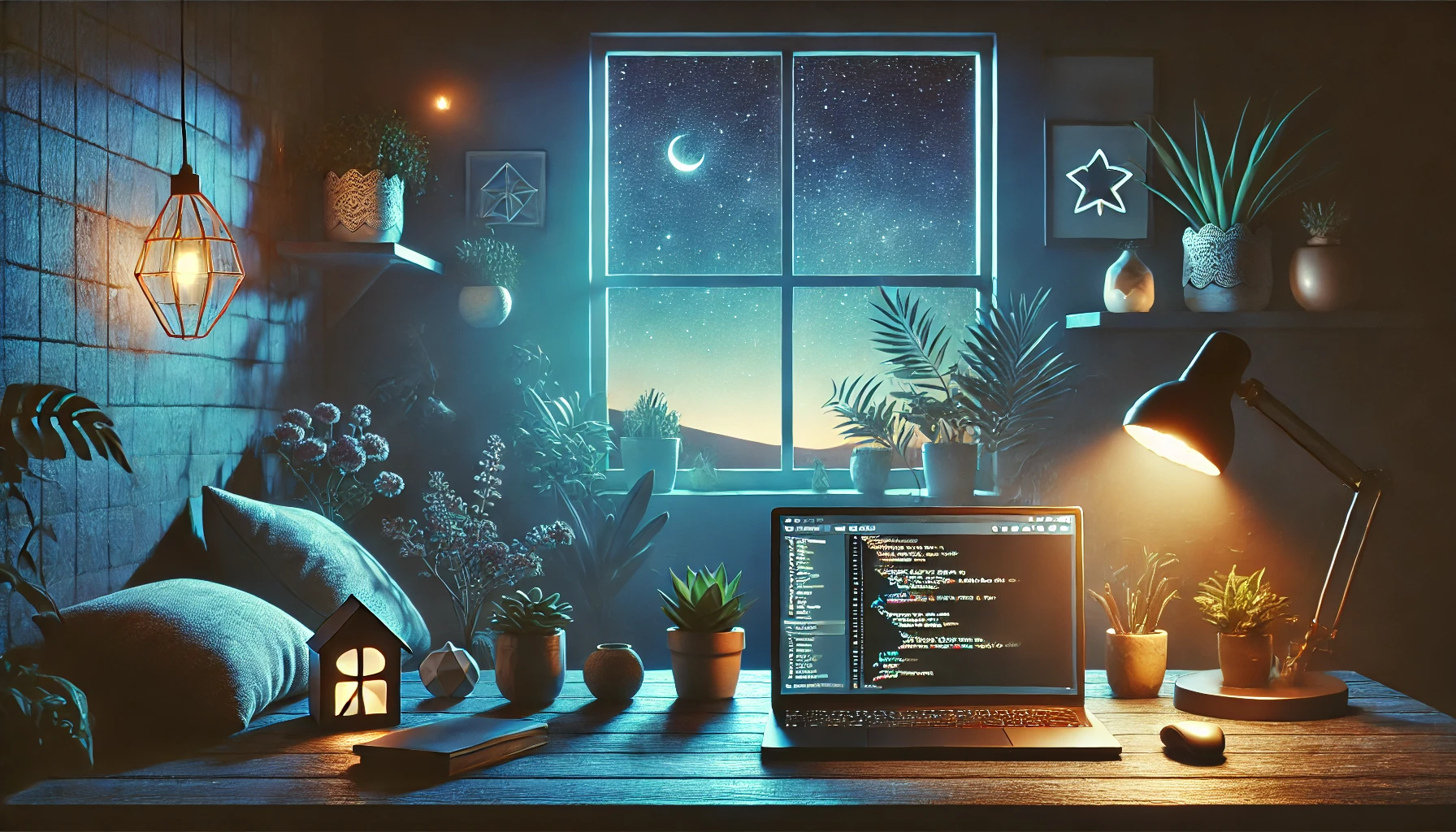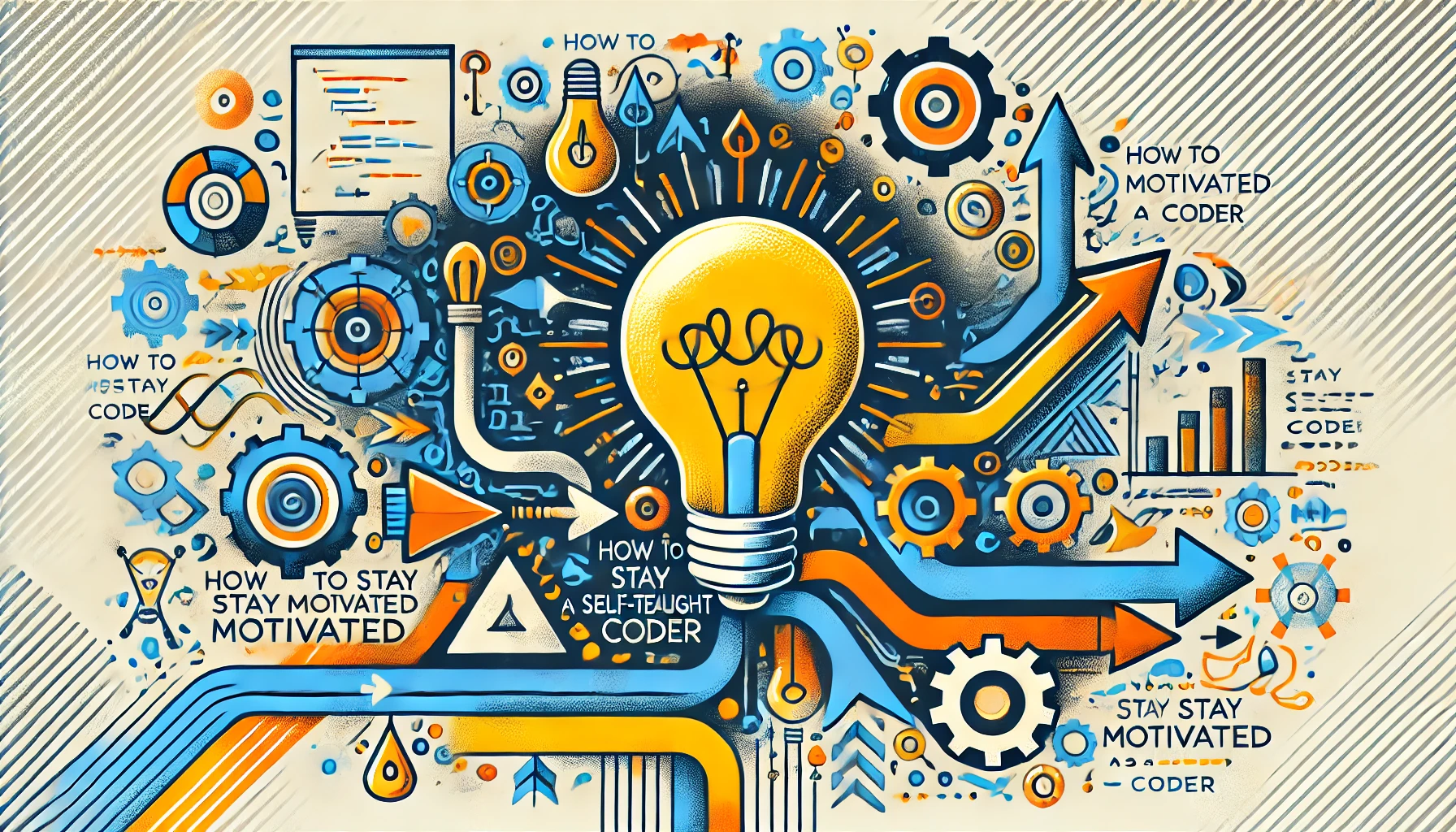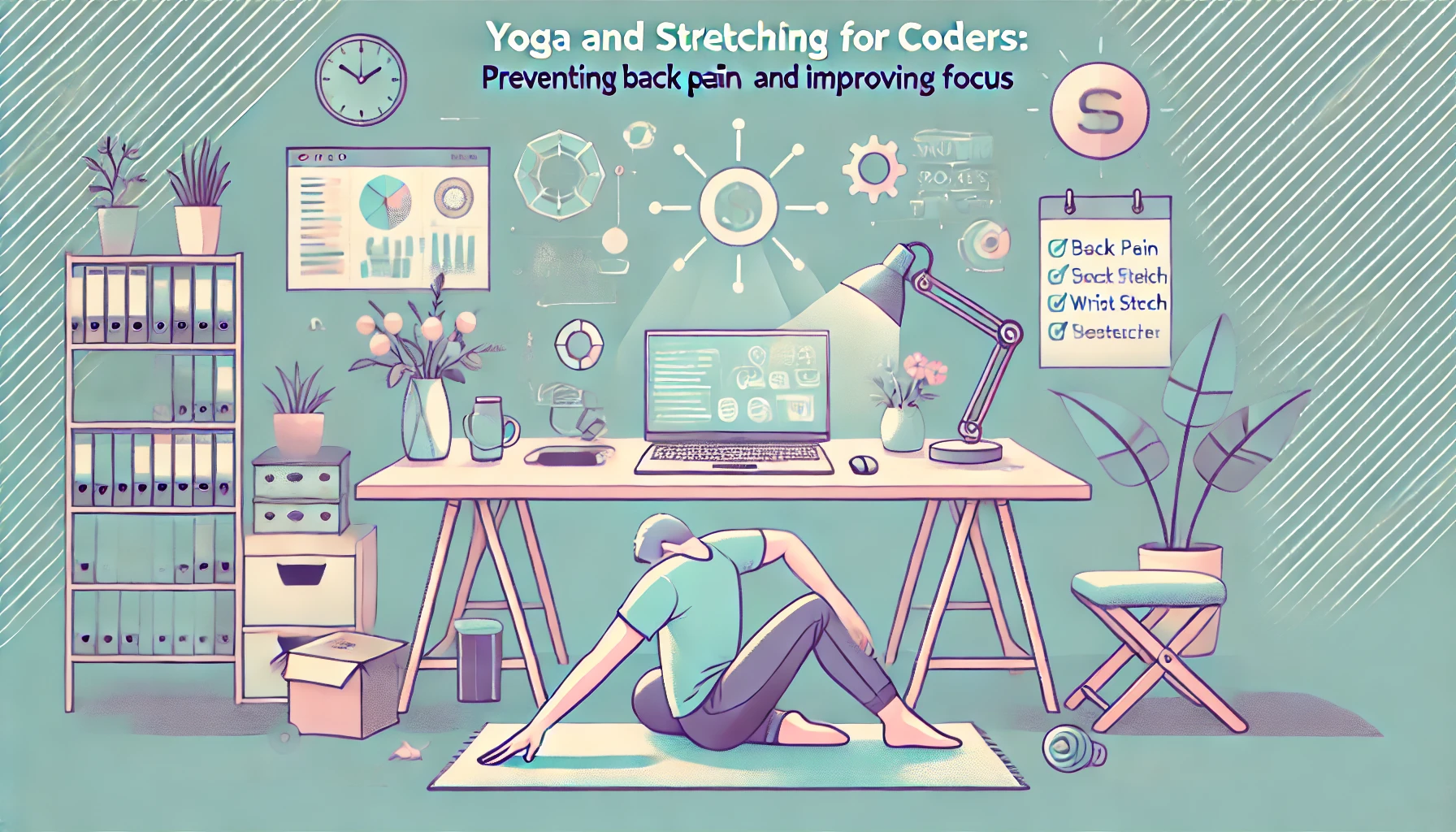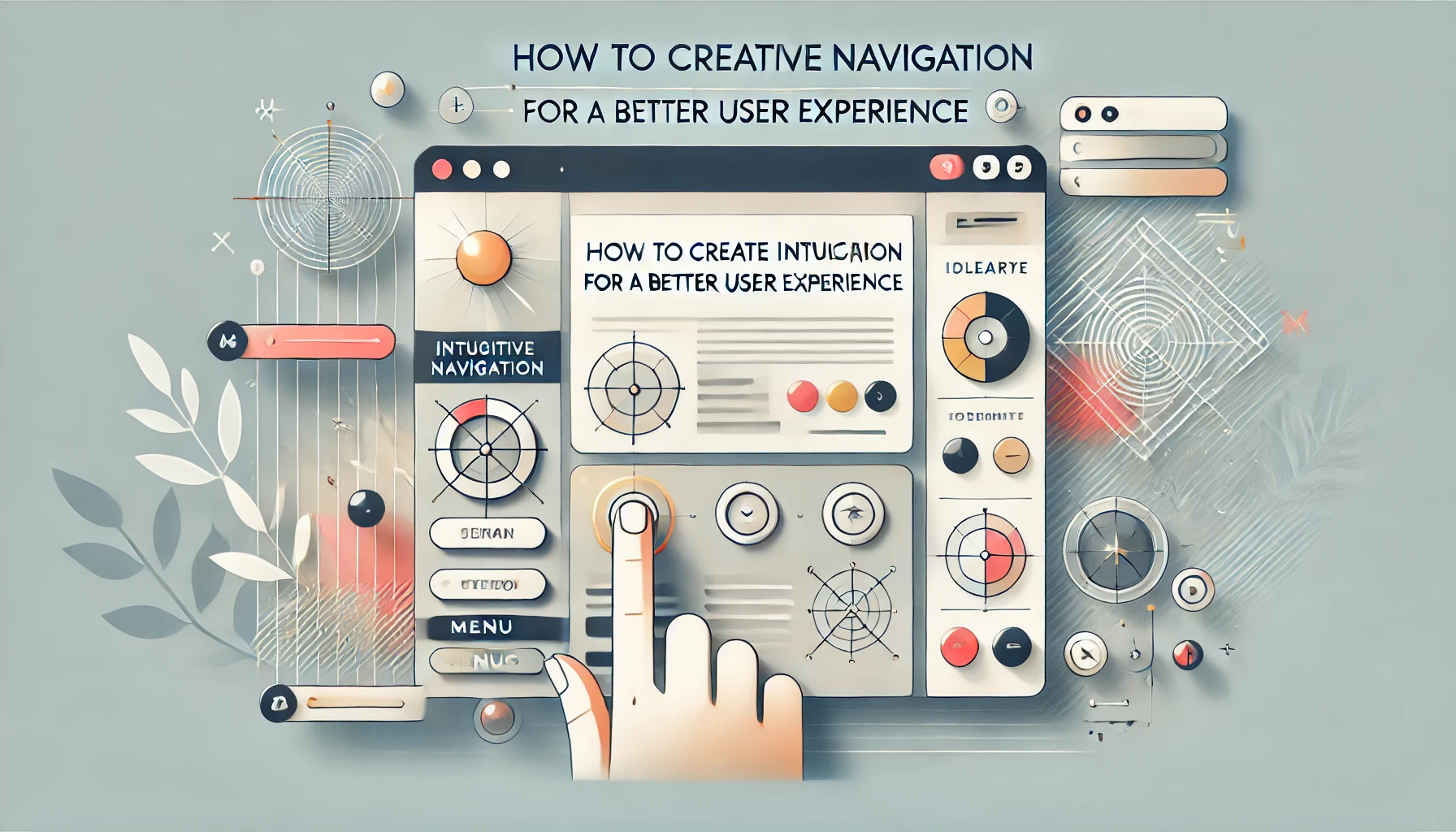
As developers, many of us find ourselves coding late into the night, often accompanied by the glow of our computer screens. While this hustle can lead to breakthroughs and productivity, it also exposes us to blue light—a type of high-energy visible light emitted by digital devices. In this post, we’ll explore the effects of blue light on our eyes and share actionable tips to protect them during those late-night coding sessions.
Understanding Blue Light:
Blue light is everywhere. It’s emitted by the sun, fluorescent lighting, and digital screens. While it plays a role in regulating our sleep-wake cycles, excessive exposure—especially at night—can disrupt our sleep patterns and cause digital eye strain.
The Effects of Blue Light on Eye Health:
Digital Eye Strain: Prolonged exposure to screens can lead to symptoms such as dry eyes, blurred vision, and discomfort.
Disrupted Sleep Patterns: Blue light interferes with melatonin production, making it harder to fall asleep, which can be particularly detrimental for night owls.
Potential Long-Term Damage: Some studies suggest that prolonged exposure to blue light may increase the risk of age-related macular degeneration (AMD).
Tips for Reducing Blue Light Exposure:
Use Blue Light Filters:
- Most devices offer built-in blue light filters that can be enabled in the settings. This adjusts the screen’s color temperature to reduce blue light emission.
Invest in Blue Light Blocking Glasses:
- Consider using glasses designed to block blue light. These can help filter out harmful rays while allowing you to work comfortably.
Implement the 20-20-20 Rule:
- To alleviate eye strain, every 20 minutes, look at something 20 feet away for at least 20 seconds. This helps relax the eye muscles.
Adjust Your Workspace:
- Position your screen at a comfortable distance and angle to minimize glare. Ensure your workspace is well-lit to reduce contrast between your screen and the surroundings.
Limit Screen Time Before Bed:
- Aim to stop using screens at least an hour before bedtime to help your body wind down and prepare for sleep.
Let's Recap on Blue Light
While late-night coding can be an exhilarating experience, it’s crucial to be mindful of blue light exposure and its effects on our health. By implementing these tips, you can protect your eyes and maintain your productivity without sacrificing your well-being. Happy coding!





